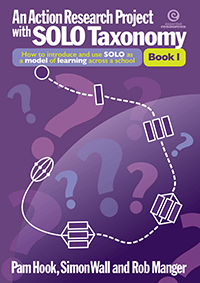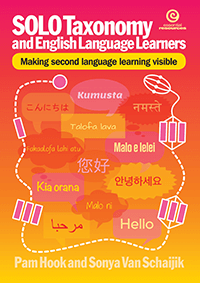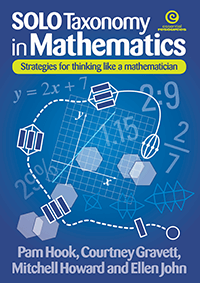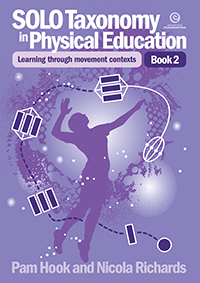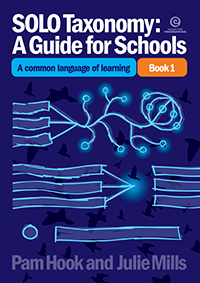
SOLO Taxonomy in Music Education
Developing high-quality musicians through a reflective learning environment
In exploring many aspects of music teaching and learning, this book shows how easy and rewarding it can be to implement and develop SOLO as a model of learning. Topics include how to use SOLO in tracking musical progress, closing the gap between current understanding and a desired goal, eliciting feedback and developing self-regulation in music. A specific focus is how SOLO can enhance and prompt deeper thinking in the core activities of performing, composing and improvising, listening and appraising.
|
NZD incl GST
|
Add to cart | |
| or more | each |
